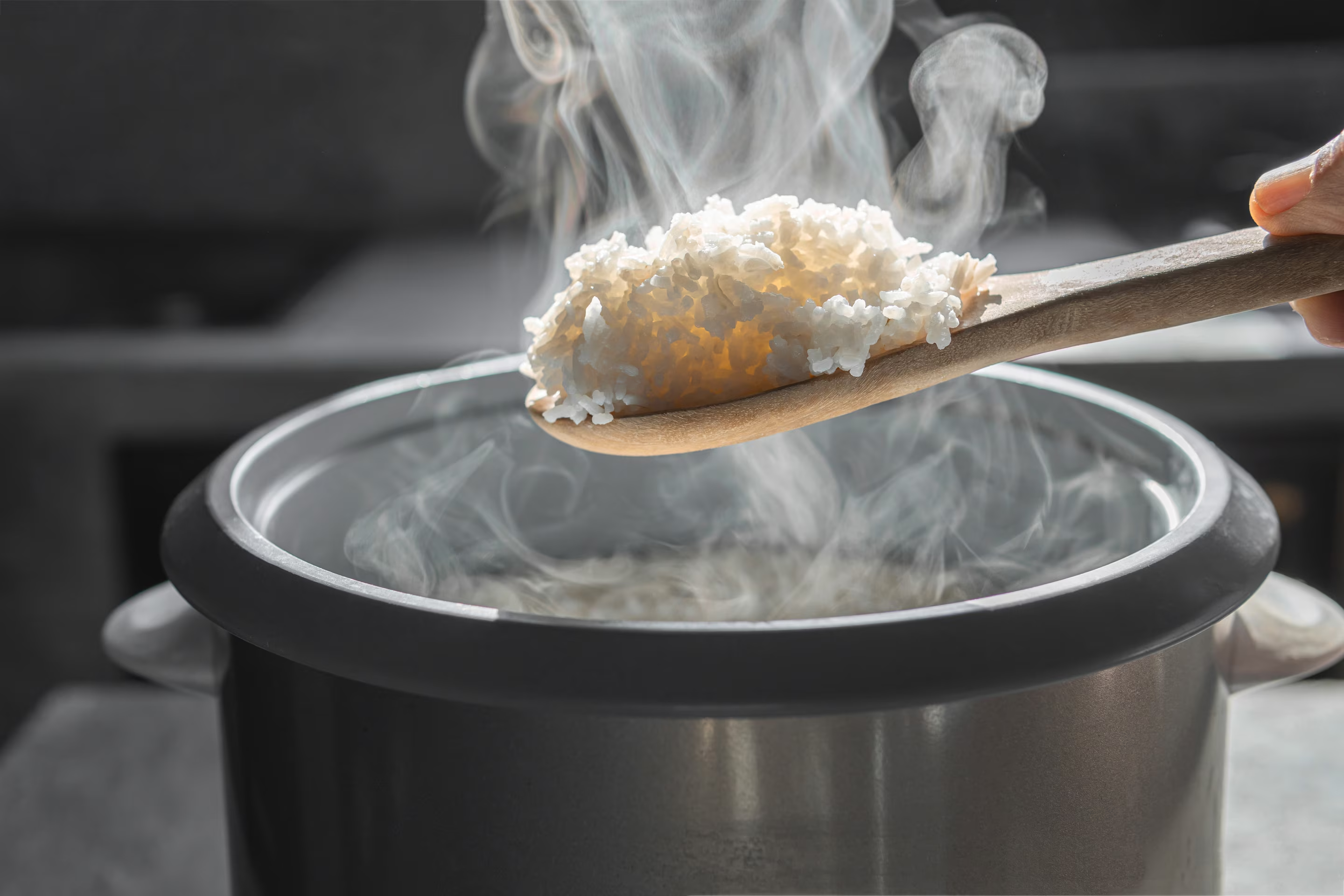

Articles
How Hot Does Rice Cooker Get
Modified: January 19, 2024
Discover the answer to how hot a rice cooker can get in this informative article. Explore different factors and tips for cooking rice perfectly.
(Many of the links in this article redirect to a specific reviewed product. Your purchase of these products through affiliate links helps to generate commission for Storables.com, at no extra cost. Learn more)
Introduction
A rice cooker is a versatile kitchen appliance that simplifies the process of cooking perfect, fluffy rice every time. Whether you’re a seasoned chef or a novice in the kitchen, using a rice cooker takes the guesswork out of preparing this staple food. One common question that arises when using a rice cooker is how hot it gets during the cooking process. In this article, we will explore the working mechanism of a rice cooker, factors that affect its cooking temperature, and safety precautions to consider while using one. Understanding the temperature range of your rice cooker is crucial for achieving optimal results and ensuring the longevity of your appliance. So, let’s dive in and uncover the secrets behind the temperature of a rice cooker!
Key Takeaways:
- Understanding the temperature range of your rice cooker is crucial for achieving perfectly cooked rice. Factors like power rating, rice variety, and water-to-rice ratio influence the cooking temperature, ensuring optimal results every time.
- Safety precautions, such as proper placement, lid management, and regular maintenance, are essential for a safe and enjoyable cooking experience with your rice cooker. Troubleshooting FAQs also provide helpful solutions for temperature-related issues.
Read more: How Hot Does Fireplace Get
The Working Mechanism of a Rice Cooker
At first glance, a rice cooker may seem like a simple appliance, but it employs advanced technology to cook rice to perfection. The primary components of a rice cooker are the inner cooking pot, heating element, temperature sensors, and a control panel.
When you add rice and water to the inner cooking pot and start the rice cooker, the heating element is activated. The heating element generates heat, which is transferred to the inner cooking pot through conduction. As the water in the pot heats up, it begins to boil and convert into steam. The temperature sensors in the rice cooker constantly monitor the temperature of the inner cooking pot to ensure precise cooking.
As the water boils and turns into steam, it creates pressure within the cooker. This pressurized environment helps to cook the rice evenly and quickly. Some advanced rice cookers also have additional features, such as fuzzy logic technology or induction heating, to further enhance the cooking process.
The control panel allows you to set the desired cooking time and mode. Based on the selected settings, the rice cooker will automatically adjust the temperature and cooking time to ensure optimal results. Once the rice is fully cooked, the rice cooker switches to a “keep warm” mode to maintain the temperature of the cooked rice until you are ready to serve.
Overall, the working mechanism of a rice cooker revolves around the principles of heat transfer, pressure, and precise temperature control. This combination ensures that your rice is perfectly cooked each time you use the appliance.
Factors That Affect the Cooking Temperature of a Rice Cooker
Several factors can influence the cooking temperature of a rice cooker. Understanding these factors is essential for achieving the desired results when cooking rice.
- Power Rating: The power rating of a rice cooker determines how quickly it can heat up and reach the desired temperature. Higher wattage rice cookers tend to heat up faster and cook the rice more quickly.
- Rice Variety: Different types of rice, such as white rice, brown rice, jasmine rice, and basmati rice, have varying cooking times and temperature requirements. The cooking time and temperature settings for each rice variety may differ to ensure optimal results.
- Water-to-Rice Ratio: The amount of water used in proportion to the amount of rice can affect the cooking temperature. The ideal water-to-rice ratio varies depending on the desired texture and consistency of the cooked rice.
- Cooking Time: The cooking time selected on the rice cooker can impact the cooking temperature. Longer cooking times require the rice cooker to maintain a consistent temperature over a prolonged period, while shorter cooking times may require higher temperatures for quicker cooking.
- Altitude: The altitude at which you are cooking can affect the boiling point of water and therefore impact the cooking temperature. Higher altitudes may require slightly longer cooking times or adjustments to the water-to-rice ratio.
- Rice Cooker Model: Different models of rice cookers may have variations in their temperature control and heating mechanisms, affecting the overall cooking temperature. It is essential to familiarize yourself with the specific settings and instructions for your rice cooker model.
By considering these factors and making appropriate adjustments, you can ensure that your rice cooker operates at the correct cooking temperature for different types of rice and achieve perfectly cooked rice each time.
Understanding the Temperature Range of Rice Cookers
Every rice cooker has a specific temperature range at which it operates during the cooking process. Understanding the temperature range of your rice cooker is essential for achieving desirable results when cooking rice.
Most rice cookers have a temperature range between 150°F (65°C) and 212°F (100°C). The lower end of the temperature range is typically used for the “keep warm” function, which maintains the cooked rice at a safe temperature for an extended period. The higher end of the temperature range represents the boiling point of water and is necessary for cooking rice.
When you start the rice cooker, it will initially heat up and rapidly reach the boiling point of water. Once the water starts boiling, the rice cooker will maintain the cooking temperature within the desired range to continue cooking the rice. The precise temperature control ensures that the rice is cooked evenly and thoroughly.
For different types of rice, the ideal cooking temperature may vary slightly. For example, white rice is typically cooked at a slightly lower temperature than brown rice. The temperature range of your rice cooker and the specific instructions provided by the manufacturer should guide you in selecting the appropriate cooking temperature for different rice varieties.
It’s worth noting that some advanced rice cooker models offer additional temperature control options, such as low, medium, and high settings. These settings provide more flexibility in customizing the cooking temperature based on your preferences and the type of rice being cooked.
By understanding the temperature range of your rice cooker and experimenting with different settings, you can optimize your cooking results and achieve rice that is perfectly cooked to your liking.
Most rice cookers typically reach a maximum temperature of around 212°F (100°C) when cooking rice, which is the boiling point of water. Always follow the manufacturer’s instructions for safe use.
Safety Precautions When Using a Rice Cooker
While rice cookers are generally safe kitchen appliances, it’s important to follow certain safety guidelines to ensure your well-being and prevent any accidents. Here are some essential safety precautions to keep in mind when using a rice cooker:
- Read the User Manual: Before using your rice cooker, thoroughly read the user manual provided by the manufacturer. Familiarize yourself with the specific instructions, safety precautions, and any limitations or recommendations for your particular model of rice cooker.
- Proper Placement: Always place your rice cooker on a stable, heat-resistant surface. Avoid placing it near flammable materials or in close proximity to other heat-emitting appliances.
- Water Levels: Follow the recommended water-to-rice ratio specified for your rice cooker and the type of rice being cooked. Adding too much or too little water can affect the cooking process and potentially cause the rice cooker to malfunction.
- Keep the Lid Closed: The lid of the rice cooker should remain closed during the cooking process. Opening the lid unnecessarily can interrupt the cooking cycle and affect the final result.
- Avoid Overfilling: Do not overfill the inner cooking pot of the rice cooker. Rice tends to expand during the cooking process, and overfilling can lead to spills and potential damage to the appliance.
- Handle with Care: The outer surface of a rice cooker can become extremely hot during use. Always use oven mitts or heat-resistant gloves when handling the appliance to prevent burns or injuries.
- Clean and Maintain Regularly: After each use, clean the rice cooker thoroughly according to the manufacturer’s instructions. Regular maintenance ensures optimal performance and safe operation.
- Unplug when Not in Use: When you finish using the rice cooker, unplug it from the power source. This prevents any accidental activation and saves energy.
- Do Not Leave Unattended: Avoid leaving the rice cooker unattended while it is in operation. It’s important to be present in case any issues arise or adjustments need to be made.
- Follow Electrical Safety Guidelines: Ensure that the power outlet you use for your rice cooker is grounded and can handle the required voltage. Avoid using extension cords or overloading the circuit.
By adhering to these safety precautions, you can enjoy the convenience of a rice cooker while maintaining a safe cooking environment in your kitchen.
Read more: How Hot Does A Chimney Get
Common Troubleshooting FAQs for Rice Cooker Temperature Issues
When using a rice cooker, you may encounter temperature-related issues that can affect the cooking process. Here are some common troubleshooting FAQs to help you address temperature issues:
- Why is my rice undercooked? If your rice is consistently undercooked, it may be due to a low cooking temperature. Check the water-to-rice ratio and ensure that you are using the appropriate cooking time and temperature settings for the type of rice you are cooking.
- Why is my rice overcooked? Overcooked rice can be a result of excessively high cooking temperature or an extended cooking time. Double-check the settings on your rice cooker and adjust them accordingly to avoid overcooking the rice.
- Why is my rice cooker taking longer to cook? If your rice cooker is taking longer than usual to cook the rice, it could indicate a lower cooking temperature. Make sure the heating element is functioning properly and consider increasing the cooking temperature or using a different rice-to-water ratio.
- Why is my rice cooker not reaching the boiling point? If your rice cooker is struggling to reach the boiling point, it may be due to a malfunctioning heating element. Check if the heating element is clean and unclogged. If the issue persists, contact the manufacturer for further assistance or consider getting your rice cooker serviced.
- Why is my rice cooker overheating? Overheating can occur if the temperature sensor in your rice cooker is malfunctioning or if you are using too much heat for cooking. Double-check the temperature settings and consider cleaning the temperature sensor to ensure proper functionality. If the problem persists, it is advisable to contact the manufacturer for assistance.
- Why is my rice cooker not switching to the “keep warm” mode? If your rice cooker is not transitioning to the “keep warm” mode after cooking, it could be due to a faulty thermostat or timer. Check if the switch or button for the “keep warm” mode is functioning correctly. If the issue persists, seek technical support from the manufacturer.
- Why does my rice cooker automatically shut off? Some rice cookers have a safety feature that automatically shuts off the appliance when it reaches a certain temperature or cooking time. This is a normal operation and does not indicate a malfunction. Refer to your user manual to understand the specific features and functions of your rice cooker.
- Why is my rice cooker displaying an error message? If your rice cooker displays an error message, refer to the user manual for the specific meaning of the error code. It could indicate a faulty sensor, a problem with the power supply, or other technical issues. Follow the troubleshooting steps provided by the manufacturer or contact their customer support for further assistance.
If you are experiencing persistent temperature issues with your rice cooker that cannot be resolved through troubleshooting, it is advisable to seek professional assistance or consider replacing the appliance.
Conclusion
A rice cooker is a convenient and reliable kitchen appliance that simplifies the process of cooking rice to perfection. Understanding the temperature dynamics of a rice cooker is crucial for achieving optimal cooking results and ensuring the safety of your appliance.
In this article, we explored the working mechanism of a rice cooker, which involves precise temperature control, heat transfer, and pressure. Factors such as power rating, rice variety, water-to-rice ratio, and cooking time can all influence the cooking temperature of a rice cooker.
We also discussed important safety precautions to consider when using a rice cooker, including proper placement, water levels, lid management, and regular maintenance. By following these precautions, you can ensure a safe and enjoyable cooking experience with your rice cooker.
For common troubleshooting scenarios related to rice cooker temperature issues, we provided answers to frequently asked questions. This guide can help you troubleshoot problems such as undercooked or overcooked rice, slow cooking, overheating, and error messages.
In conclusion, by understanding the temperature range and functioning of your rice cooker, adhering to safety precautions, and troubleshooting temperature-related issues, you can achieve perfectly cooked rice with your appliance. Enjoy the convenience and delicious results that a rice cooker brings to your kitchen!
Frequently Asked Questions about How Hot Does Rice Cooker Get
Was this page helpful?
At Storables.com, we guarantee accurate and reliable information. Our content, validated by Expert Board Contributors, is crafted following stringent Editorial Policies. We're committed to providing you with well-researched, expert-backed insights for all your informational needs.
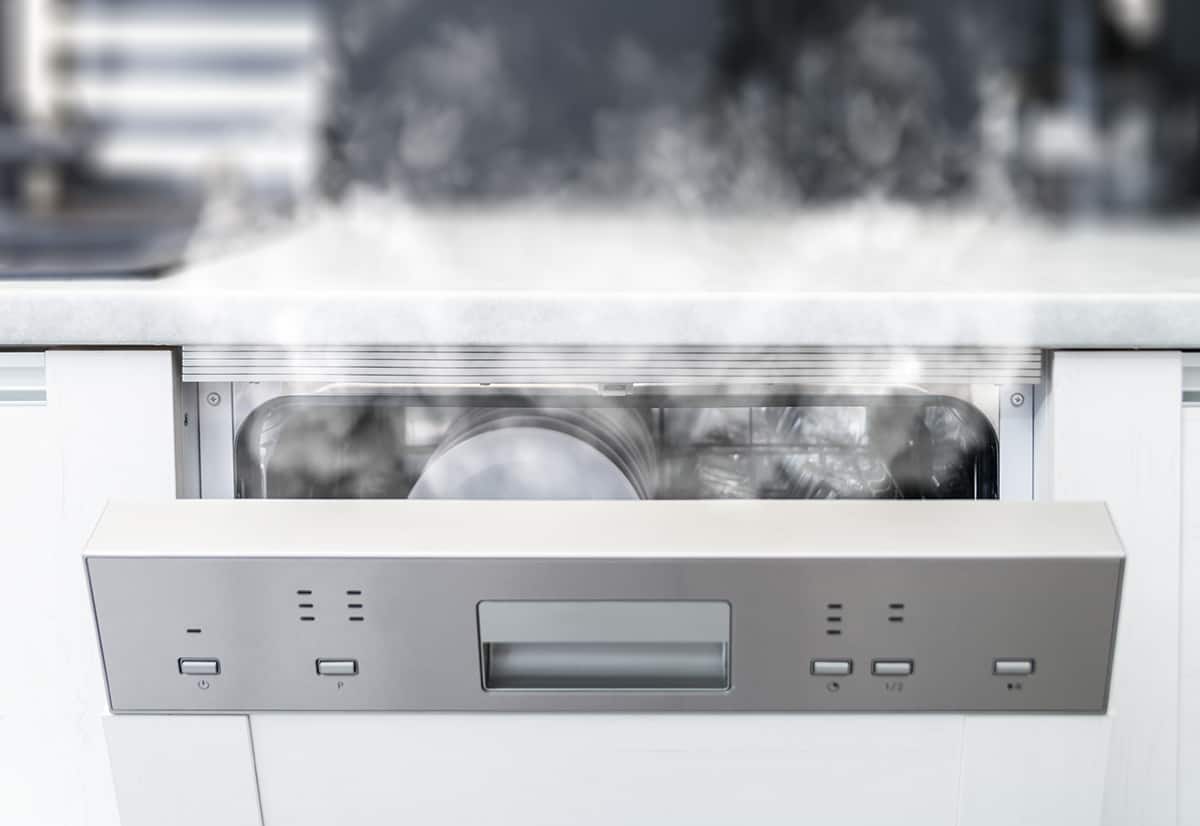

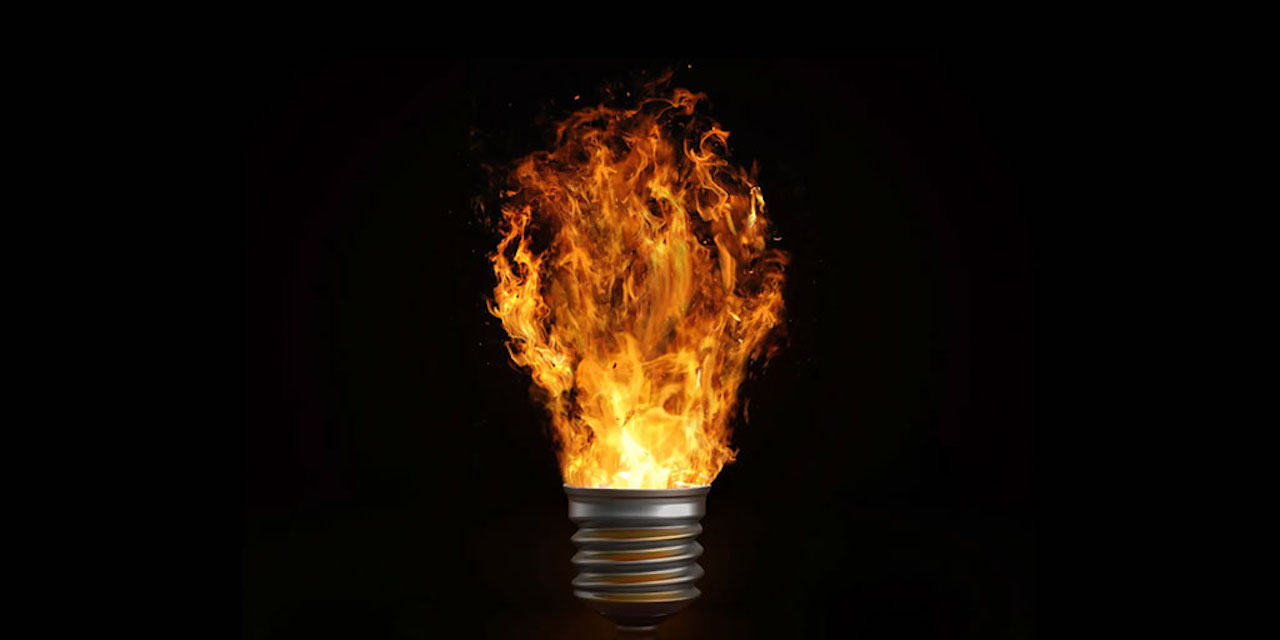
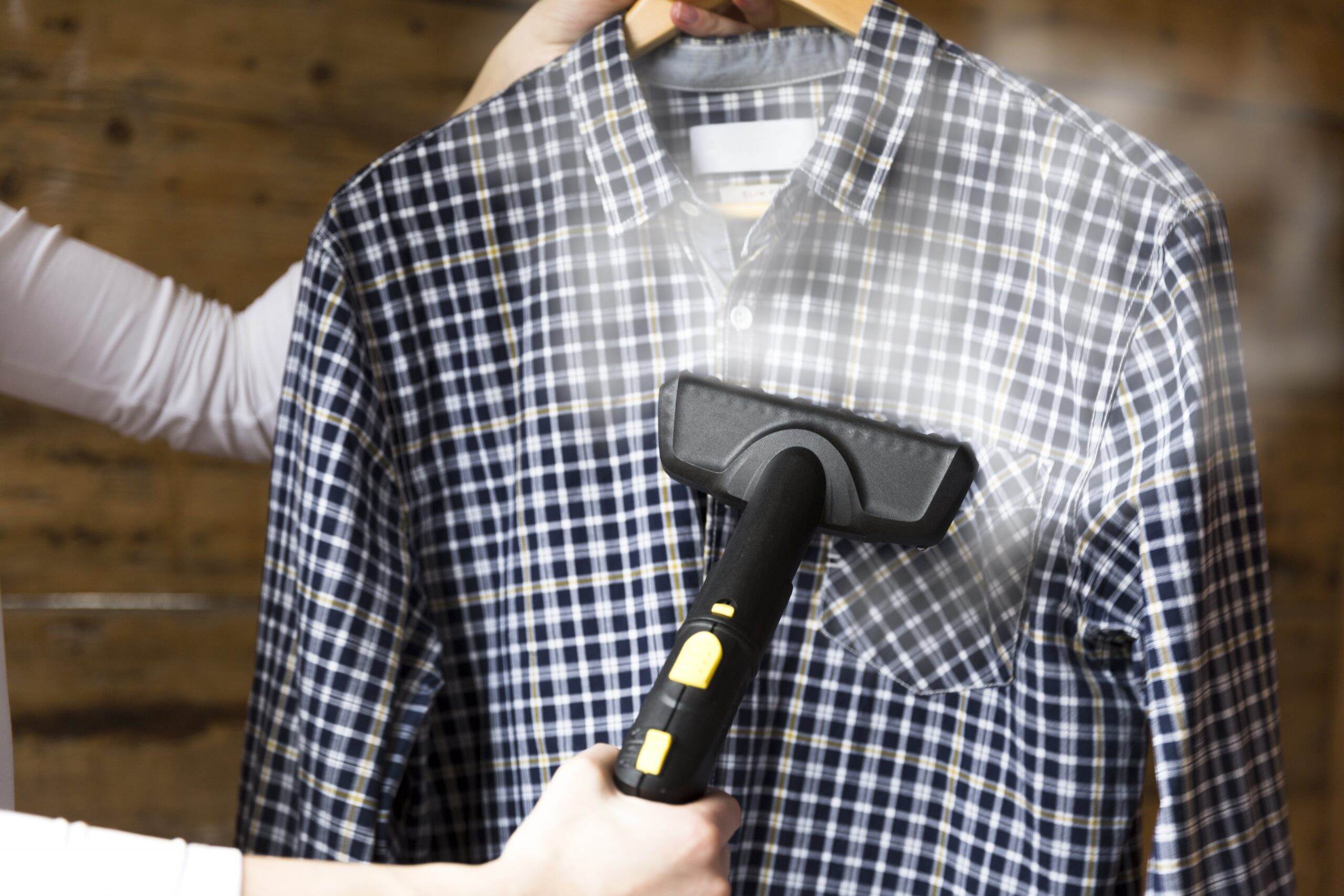

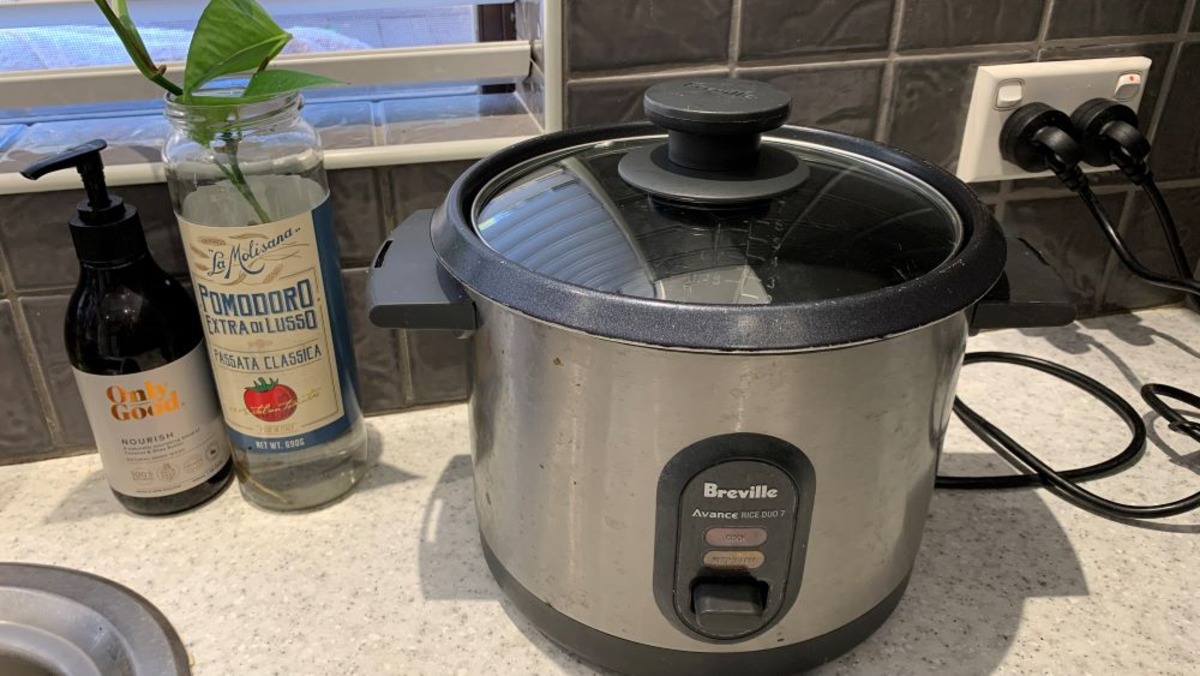
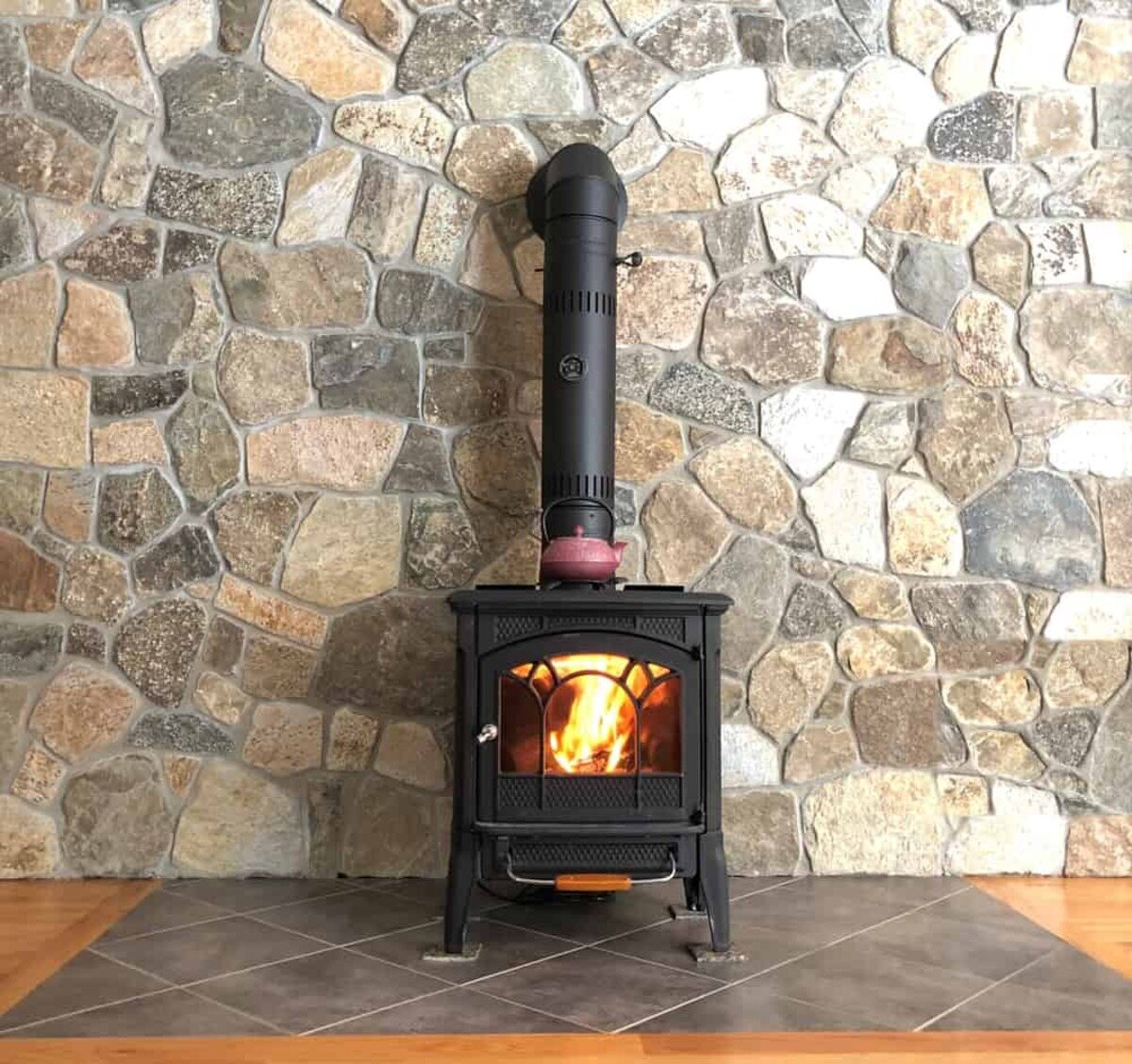
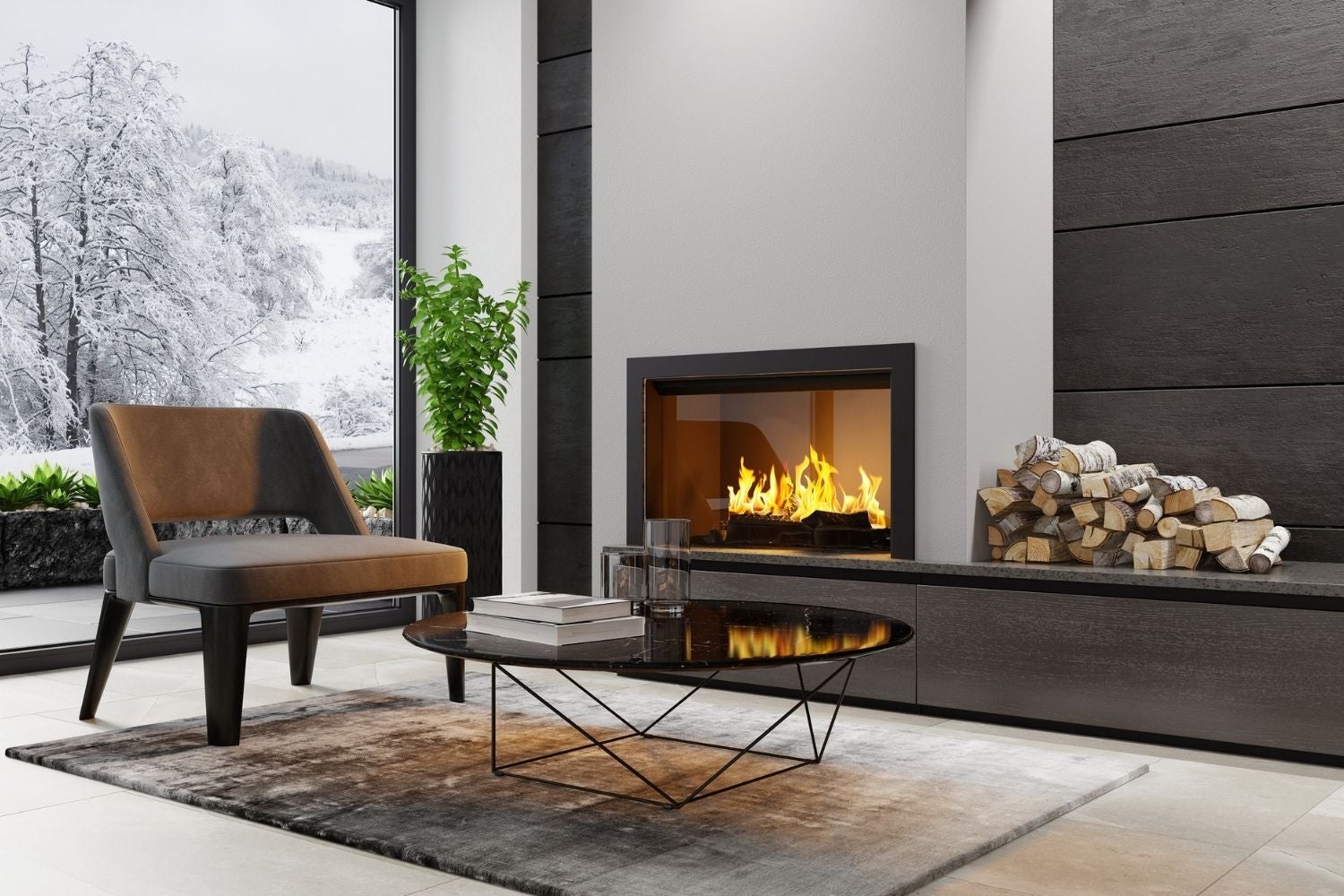
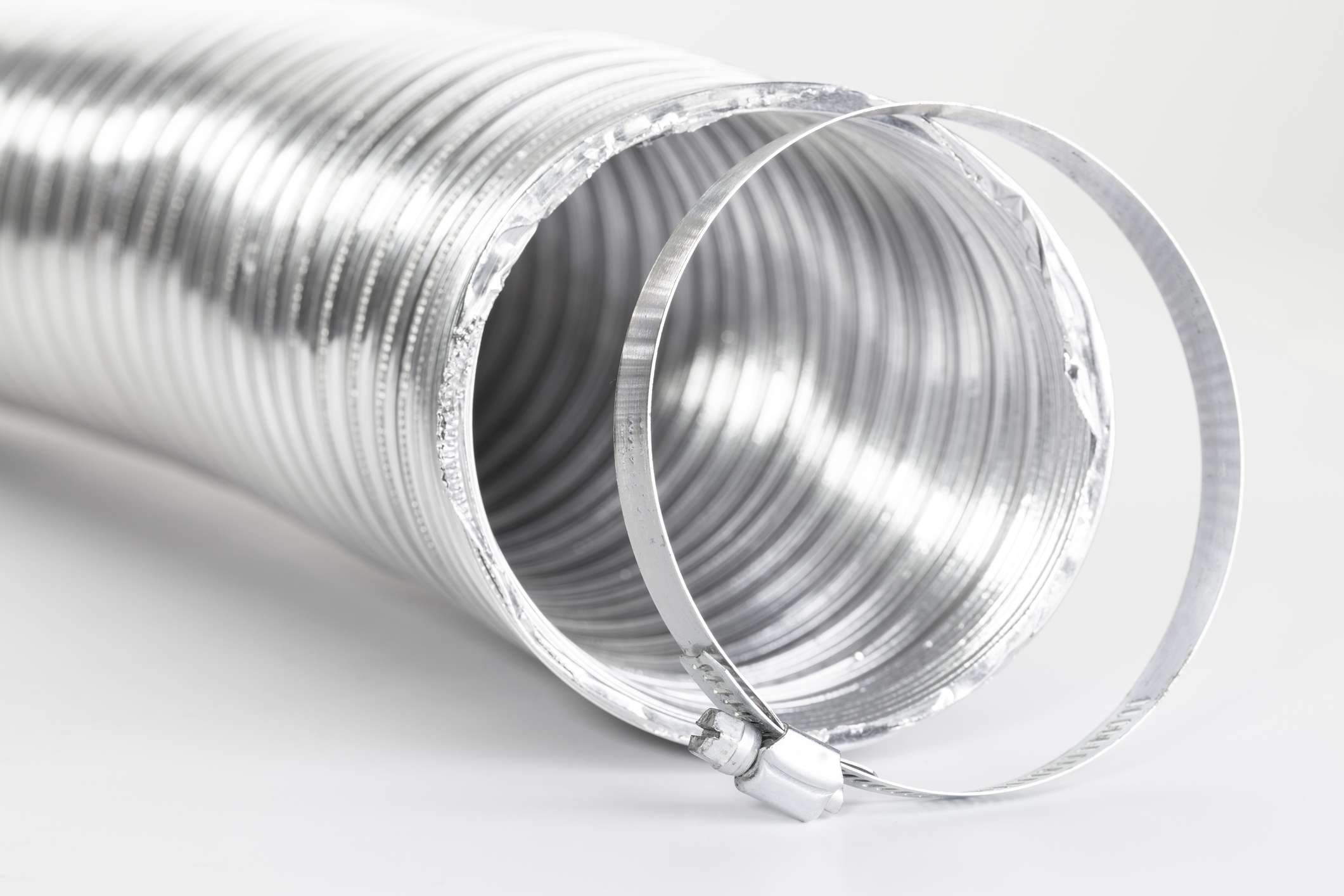
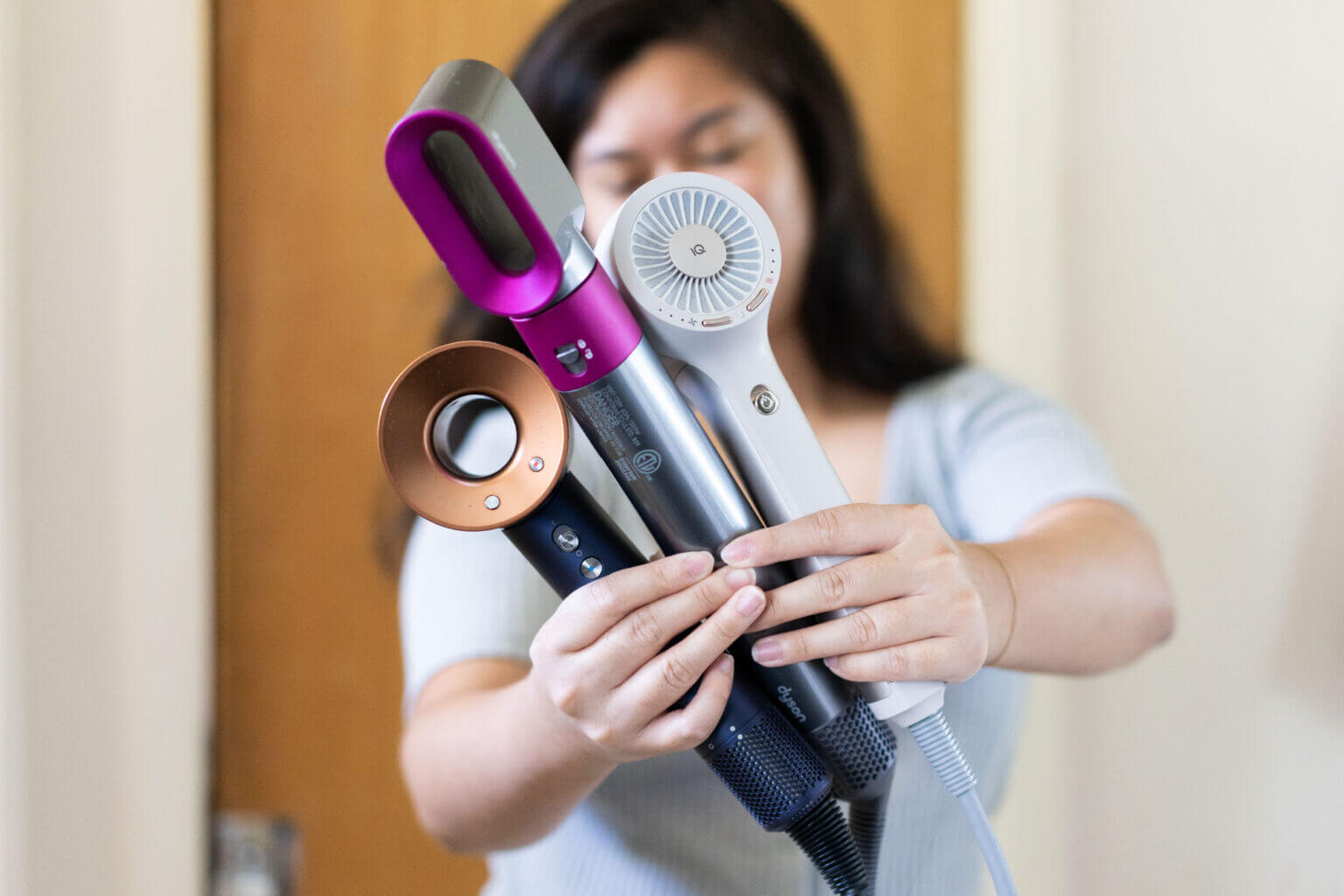
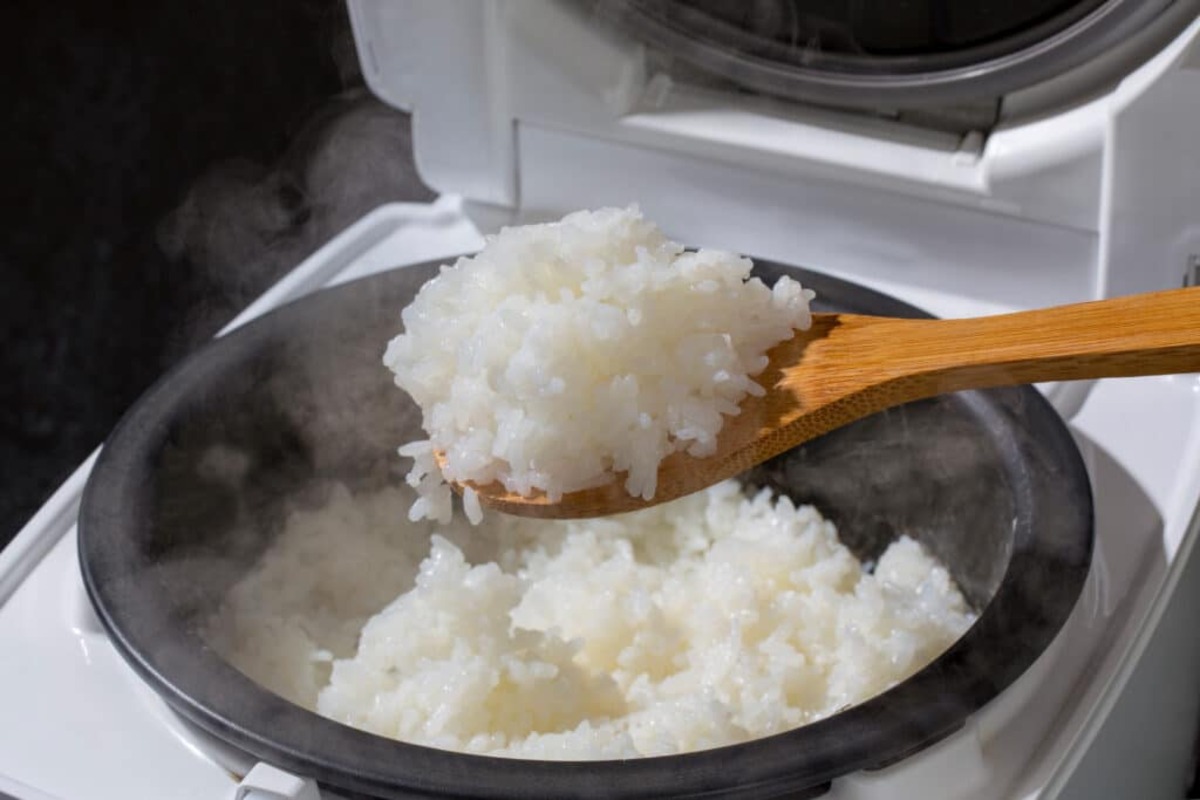
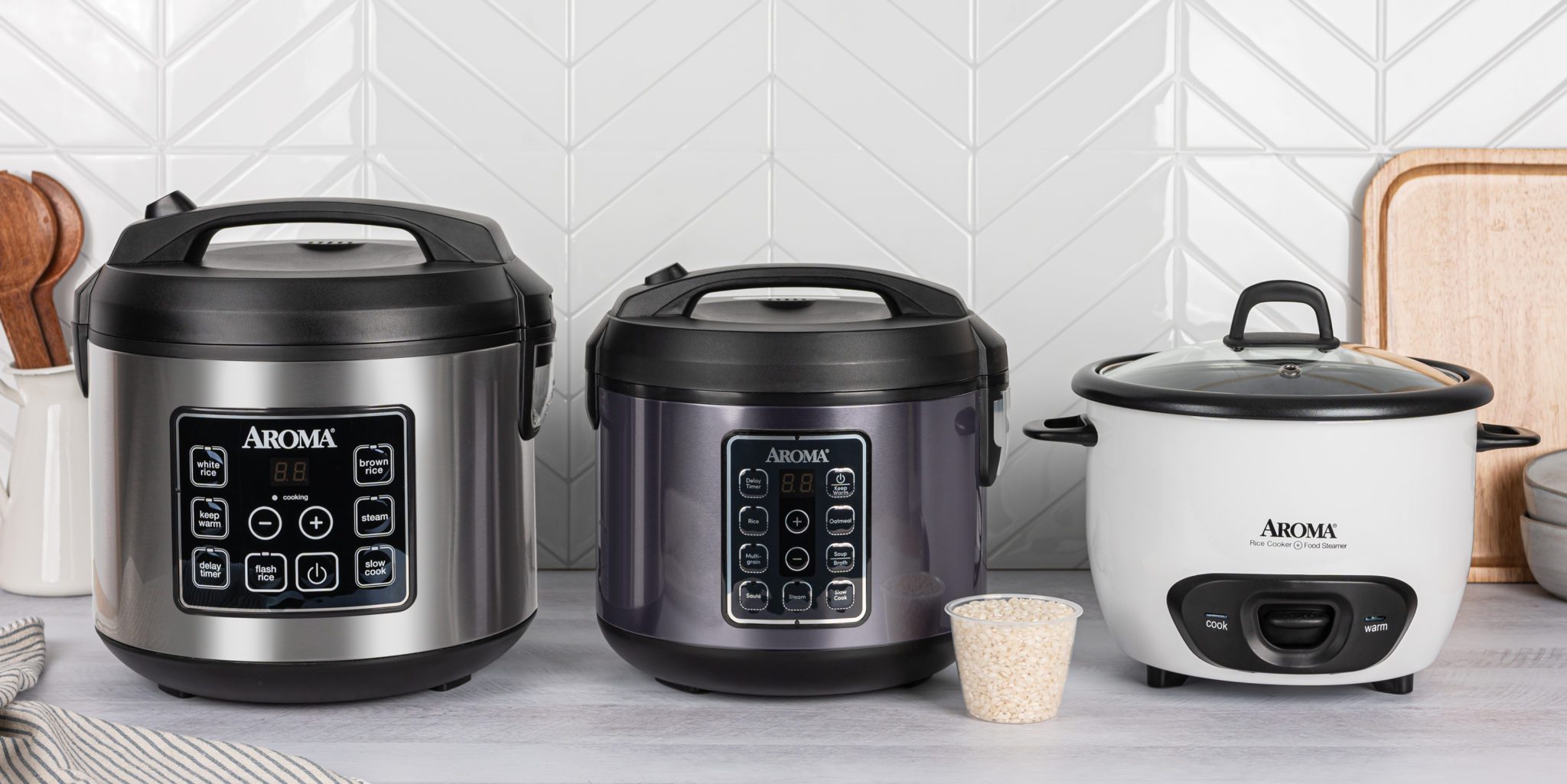
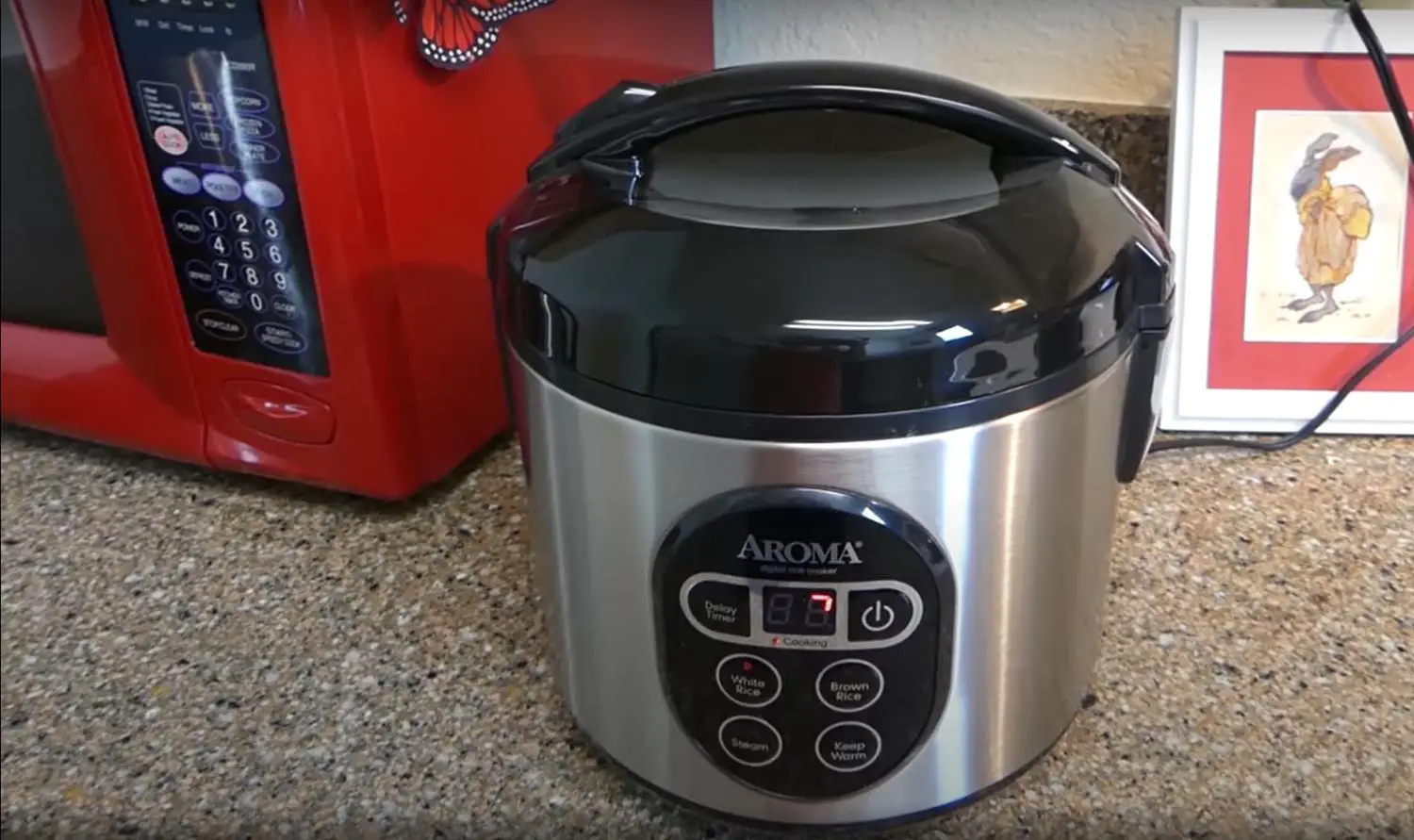
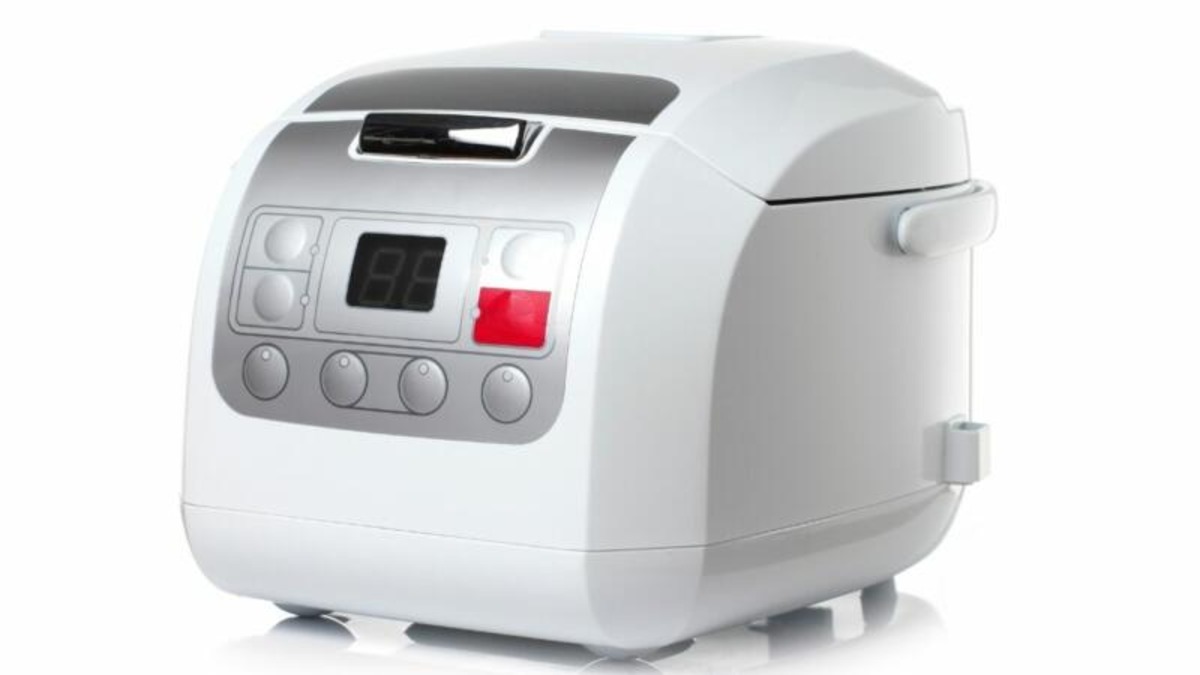

0 thoughts on “How Hot Does Rice Cooker Get”